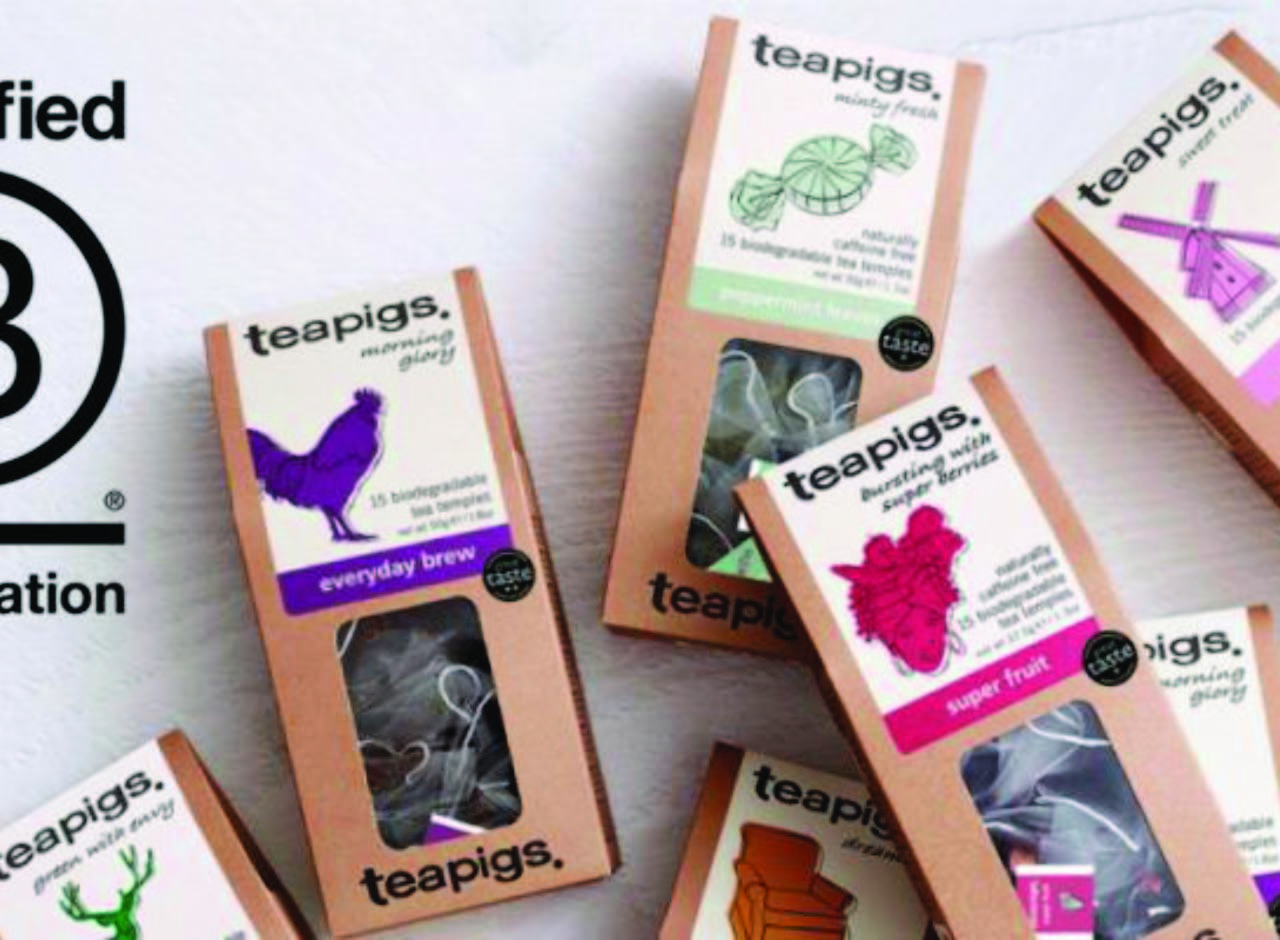
A proposal to ban the use of words such as sausage and burger to describe foods that don’t contain meat have been rejected.
Defra Minister of State, Zac Goldsmith MP, has written to the EU Energy and Environment Sub-Committee about a proposal from the European Parliament to ban the use of words like ‘sausage’ and ‘burger’ to describe foods that don’t contain meat, saying that he agrees that vegetarian food names are already clear. In his letter, he found that the Government should not put unnecessary barriers in the way of new foods being put on the market.
In June and July, the EU Energy and Environment Sub-Committee investigated a proposal from the European Parliament’s Committee on Agriculture and Rural Development to restrict the use of descriptions like sausage, burger and steak to apply only to products containing meat and not to vegetarian alternatives. The Committee wrote to the Government with concerns that the proposal did not have the evidence to justify it, would be costly for vegetarian businesses, and could put people off reducing their meat intake for health or environmental reasons.
The Minister has now replied to the Committee, acknowledging that: “Vegetarian sausages and burgers have been on the UK and European market for many years now and where they are clearly and honestly labelled, as the large majority are, consumers are not at all misled.”
He also agreed that existing legislation protects consumers from misleading information, and that it is important to avoid creating barriers for new foods.
The Committee has replied to the Minister and has asked for more details on the Government’s position if the proposal is put forward during negotiations on the Common Agricultural Policy reform.

There has been growing investment from food and personal care companies this year in circular economy, according to Ecovia Intelligence.
The circular economy refers to a system in which materials and products are reused and recycled, rather than entering waste streams. Realising its importance, the EU introduced its circular economy strategy in 2018, which plans to have a 65 per cent target for recycling and reuse by 2035.
According to Ecovia Intelligence, growing consumer opposition to single-use plastics is making the food industry focus on packaging. The move to a circular economy also involves the upcycling of ingredients, with new enterprises creating products using food waste (by-products). In the personal care industry, there is also a shift towards sustainable packaging materials, with ocean plastic becoming established.
Ecovia Intelligence expects to see more such initiatives involving sustainable packaging materials, upcycling and recycling of nutrients, as well as new retail formats. However, consumer behaviour is likely to be a major barrier, the analysts found, with consumers being so accustomed to being able to frequently buy low priced products that are easily disposable.
The circular economy will be featured in upcoming events organised by Ecovia Intelligence.

Teapigs, has become the latest company to achieve B-Corp certification.
B-Corp analyses a company’s impact on its workers, customers, community, and environment and to become certified, companies are assessed and audited to meet the highest standards of social and environmental performance, accountability, and transparency.
Louise Cheadle, teapigs Co-founder, commented: “We’ve always tried to do the right thing, from having plant-based tea temples, giving back to tea growing communities through our ethical scheme and striving to make teapigs HQ a great place to work – so joining the B-Corp community felt like a natural step for us.
“As a business, we have a responsibility to use our platform and product as a source of good. We’re incredibly excited to join over 2,500 brands globally who share this vision, and we’re certain that this is the start of something big. We’ve always done our best to be the greenest tea company, to give back to the communities that bring us our tea and the community on our doorstep in Brentford and to make teapigs a great place to work. Having B-Corp certification ensures we will continue to meet high standards and keep doing better and better things.”